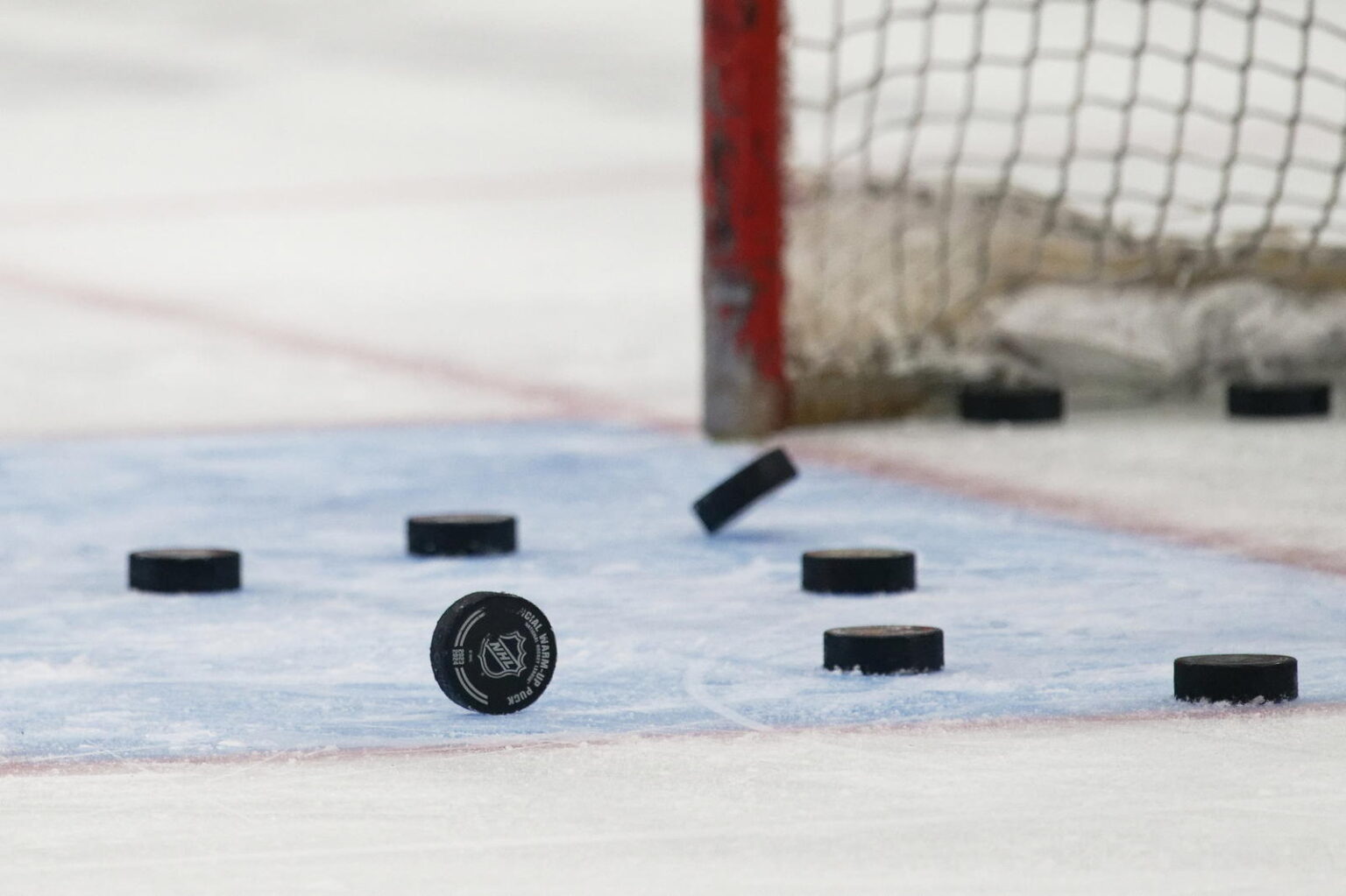Bob Goodenow, the former leader of the NHL Players’ Association, has died at 72 years old.
The NHLPA announced Goodenow’s sudden passing Saturday evening. No cause of death was given.
Goodenow led NHL players during the 1994-95 and 2004-05 lockouts, when they opposed the implementation of a salary cap.
“The modern NHLPA, and the work it has done to improve the quality of life for thousands of players past and present, is a direct result of the foundation that Bob Goodenow built,” the association said in a statement. “His impact on the game of hockey is lasting and profound.”
Goodenow joined the NHLPA in 1990 as its deputy executive director. Before that, he captained Harvard’s hockey team and later played professionally for the Flint Generals in the now-defunct IHL. He then graduated from the University of Detroit Law School and became a player agent.
He became the NHLPA’s second-ever executive director in 1992 after Alan Eagleson, who held the role since 1967, resigned due to allegations of fraud. Goodenow held the position for 13 years.
Goodenow tirelessly worked to educate the players and build trust in the NHLPA’s work, the association said.
“During his tenure, Bob was relentless in the fight for players’ rights,” the NHLPA said. “He negotiated landmark gains in salary, free agency, pension and health benefits, and he led the players in taking control of their name, image and likeness rights in 1992.
“He also helped to establish pioneering programs, such as player salary disclosure, the second medical opinion program for players, the agent certification program, and he worked with the NHL to implement the Substance Abuse and Behavioral Health Program for players and their families.”
Goodenow also grew the staff of the NHLPA from three to more than 50 employees, built licensing and sponsorship programs, co-founded NHLPA Goals & Dreams where players donate complete sets of new hockey equipment and resources to grassroots programs and, with the NHL, launched the World Cup of Hockey in 1996 and brought NHL players to the Olympics for the first times in 1998 and 2002.
In October 1994, Goodenow led the players union in the beginning of a lockout as the NHL and team owners wanted a luxury tax on salaries that exceeded the average.
The lockout lasted until Jan. 11, 1995, for a total of 103 days. A rookie salary cap was introduced, but there was no luxury tax or overall salary cap. The 1994-95 regular season was shortened to 48 games as a result of the lockout.
When that collective bargaining agreement ended in 2004, the NHL wanted a salary cap, while the NHLPA offered a luxury tax, a five percent rollback in salaries and revenue sharing, among other proposals.
With no agreement in time, another lockout began in 2004 and ended up wiping out the full season, meaning the Stanley Cup wouldn’t be awarded for the first year since 1919.
In July 2005, the 10-month lockout ended, with some key additions being the salary cap, NHL team revenue sharing, a 24 percent player salary rollback and a gradual decrease to the age a player needed to be to become a UFA from 31 to 27.
“Bob was a skilled attorney and tenacious advocate for the players he represented as an agent and as the head of the Players’ Association,” NHL commissioner Gary Bettman said in a statement. “We send our deepest condolences to his wife, Wendy, their three children, Joe, Katharine and Kerry, and his many friends and admirers throughout hockey.
Read the full article here


